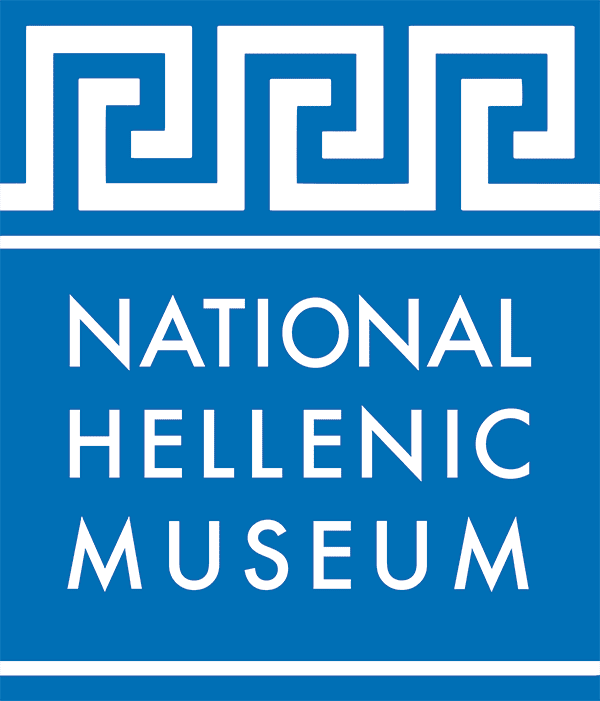The Museum Will Be Closed Today, Saturday 1/18/25. We apologize for the inconvenience. Thank you.
Introduction
The National Hellenic Museum (NHM) holds as one of its core objectives the “preservation of the Hellenic legacy.” This aim raises important questions that are necessary to discuss as NHM moves forward. When we place the “preservation of the Hellenic legacy” at the heart of our mission, it becomes critical for us to ask ourselves important questions about what we mean by the Hellenic legacy, what the history of this idea is, and what we ought to do in order to make this important legacy relevant in the present day.
Within most contexts the Hellenic legacy is intimately connected to the category of Classics. Therefore, in this paper, we will focus on Classics, as a concept and discipline, cognizant of the fact that within our community it is the Hellenic component that is of the most importance.
What is Classics?
Throughout this paper, there are numerous references to Classics and the Classical. These terms ordinarily (and in this paper) are used to refer to the art, literature, culture, and history of ancient Greece and Rome. These terms have a history and can be potentially fraught but can also be useful both on account of being generally understood and because that (sometimes fraught) history provides a way in for us to begin asking the very questions we need to be asking as we pursue this important part of our mission.
The English word Classics (and similar words signifies the same thing in several European languages) comes from the Latin classicus meaning “belonging to the highest class of citizens.” Originally used to describe things related to Rome’s ruling Patricians, by the 2nd century C.E the word had gained currency in literary criticism to describe the very best literary work. We still use this meaning; for example, one might say, “Jane Austen’s Pride and Prejudice is a classic.”
However, beginning in the Renaissance, a secondary meaning developed, and “Classics” came to symbolize the collective artistic and cultural output of ancient Greek and Rome. In this function, the word “Classics” is used to describe a period lasting from about 900 B.C.E. to approximately 400 C.E., and an expanse of territory that during that 1,300-year period at times extended as far east as Nepal and as far west as the British Isles. That is all to say, that the word “Classics” encapsulates (and frequently deflates) a remarkable diversity, a diversity that calls on us to think more broadly and richly about its claims.
Classical Tradition vs. Classical Reception Studies
Beginning in the 1920s, scholars started to discuss the classical tradition when referring to the continued influence of the ancient Greek and Roman world. This was the first banner under which there was a serious study of the impact of the Classical world on subsequent historical periods.
However, over the past thirty years, the term classical tradition has been steadily replaced in some context with classical reception. On a superficial level, this substitution is an attempt to avoid the air of elitism and exclusivism that many fear accompanies the term classical tradition. However, it is also possible to see a conceptual difference at work here. While tradition implies a more passive position on the part of the current generation, reception suggests action. While tradition might wash over you like water flowing down a stream, reception requires that the receiver act to take up what is being passed along to him or her. This more dynamic understanding of how the Classical legacy is transmitted and reproduced can be helpful in examining the Hellenic legacy in a broader context than has been traditionally seen.
Classics and Its Discontents
For generations, Classics has been associated with a particular kind of elite culture. This association has been seminal ensuring that the ancient material associated with Classics has been taught and preserved across time. But increasingly today that association is proving a liability as people question some of the fundamental assumptions that have been at the heart of their respective culture for centuries. While this might at first seem discouraging for our objectives at NHM, this is more likely an opportunity.
For the first time in centuries, people are reexamining and rethinking what ancient Greece means today. This is an excellent opportunity for those of us who claim Greek identity today to become active participants in determining what Classics and the Hellenic legacy will mean going forward. The National Hellenic Museum has a part to play in this discussion, today and tomorrow.
